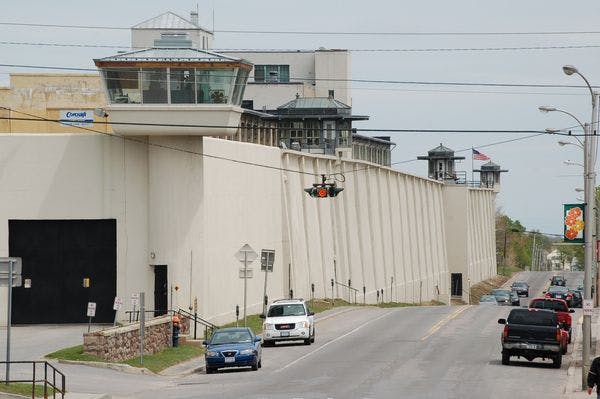Prison Wikipedia Xamreb
Una denuncia basada en los derechos humanos alega que la falta de programas de reducción de daños pone en riesgo de sobredosis a los reclusos canadienses
Grupos que defienden a los reclusos en Canadá argumentan que los servicios limitados de tratamiento en prisión ponen en peligro la salud de los prisioneros antes y después de ser puestos en libertad. Más información, en inglés, está disponible abajo.
By Travis Lupick
Since the arrival of the synthetic opioid fentanyl, it's become especially dangerous for B.C. residents who struggle with a drug addiction to enter a Canadian prison.
That's because when they are released, they often still crave opioids, and since their drug supply was cut off or minimized when they began their prison term, they are returned to the streets with a lower tolerance and therefore at a greater risk of fatal overdose.
According to an April 2018 B.C. Coroners Service report, of people who died of an illicit-drug overdose in B.C. between January 2016 and July 2017, 66 percent were under B.C. Corrections supervision or had spent time in a provincial prison during their lifetime.
"The increase in mortality among released prisoners who formerly used opiate drugs is attributed to loss of tolerance and erroneous judgment of dose on return to opiate use," the report reads.
